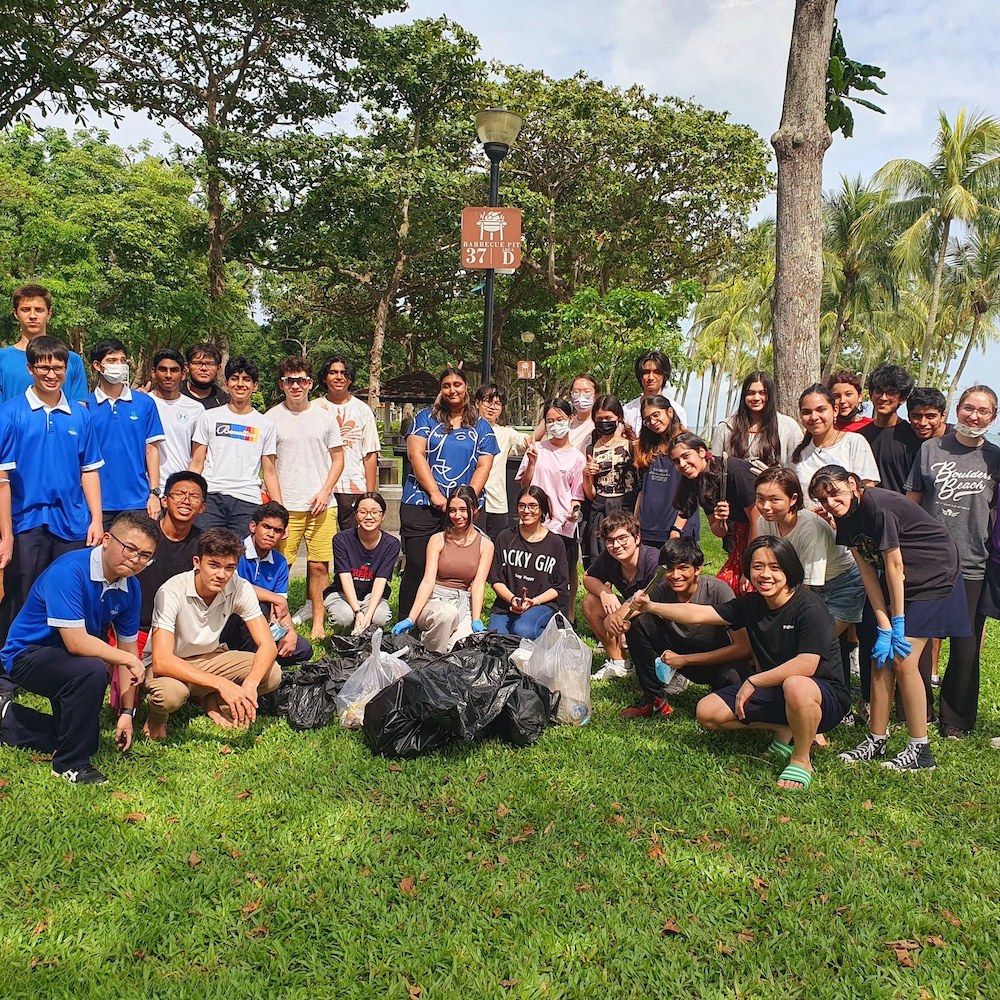The International Baccalaureate (IB) and its programmes are renowned for their holistic approach to education, fostering the development of well-rounded individuals. At the core of the IB approach lies the IB Learner Profile, which encompasses ten attributes that shape students into active learners, responsible global citizens, and lifelong achievers.

At One World International School Nanyang Campus, which is an IB World School authorised for the IB PYP and IB Diploma Programme, we nurture these 10 traits in our students right from Early Childhood to Grade 12. To help parents to understand the significance of these attributes and skills in their child’s learning journey at OWIS, we have created a series of blogs on these topics:
Being an inquirer is central to the IB philosophy. In this blog, we explore the significance of curiosity, questioning, and active engagement with knowledge. We delve into strategies for fostering a lifelong love of learning and seeking answers to complex questions.
Knowledge is a driving force behind the IB programmes. In this blog, we celebrate the significance of knowledge acquisition and its application. We discuss how students can develop a broad and balanced understanding of various disciplines, nurturing their intellectual growth.
In this thought-provoking blog, we delve into the importance of being open-minded as an IB student. We explore how an open-minded attitude helps students appreciate diverse perspectives, foster empathy, and develop critical thinking skills essential for navigating an interconnected world.
Communication plays a pivotal role in our lives, and as an IB student, it becomes an integral part of your journey. This blog highlights the significance of effective communication skills, emphasising how students can express their ideas, actively listen, and collaborate with others to achieve common goals.
In this blog, we delve into the traits of a thinker within the IB Learner Profile. We explore the development of critical and creative thinking skills, encouraging students to analyse, evaluate, and generate innovative ideas that promote positive change.
Being principled lies at the core of an IB student’s character. This blog highlights the importance of ethical decision-making, integrity, and responsible behaviour, shaping students into principled individuals who contribute meaningfully to their communities.
Reflectiveness is an invaluable trait for personal growth and continuous improvement. This blog delves into the significance of self-reflection, examining how students can learn from their experiences, set goals, and adapt their approaches to become lifelong learners.
In this blog, we explore the essence of being caring within the IB Learner Profile. We discuss how students can develop empathy, compassion, and a sense of responsibility towards others, nurturing an inclusive and supportive community.

Risk-taking is not limited to adventurous endeavours; it also encompasses the courage to step out of one’s comfort zone and embrace new challenges. This blog highlights the importance of being a risk-taker, fostering resilience, adaptability, and an appetite for learning.
In this blog, we uncover the essence of balance within the IB Learner Profile. We explore how students can maintain equilibrium between their academic pursuits and other aspects of their lives, nurturing their physical, emotional, and mental well-being.
Our blog series on the IB Learner Profile provides a comprehensive exploration of the ten attributes that shape an IB student and shares insights into how we nurture these attributes at One World International School Nanyang Campus in Singapore. By embodying the Learner Profile, students can thrive academically, contribute to their communities, and make a positive impact in the world.
To learn more about OWIS Singapore, please contact us.













